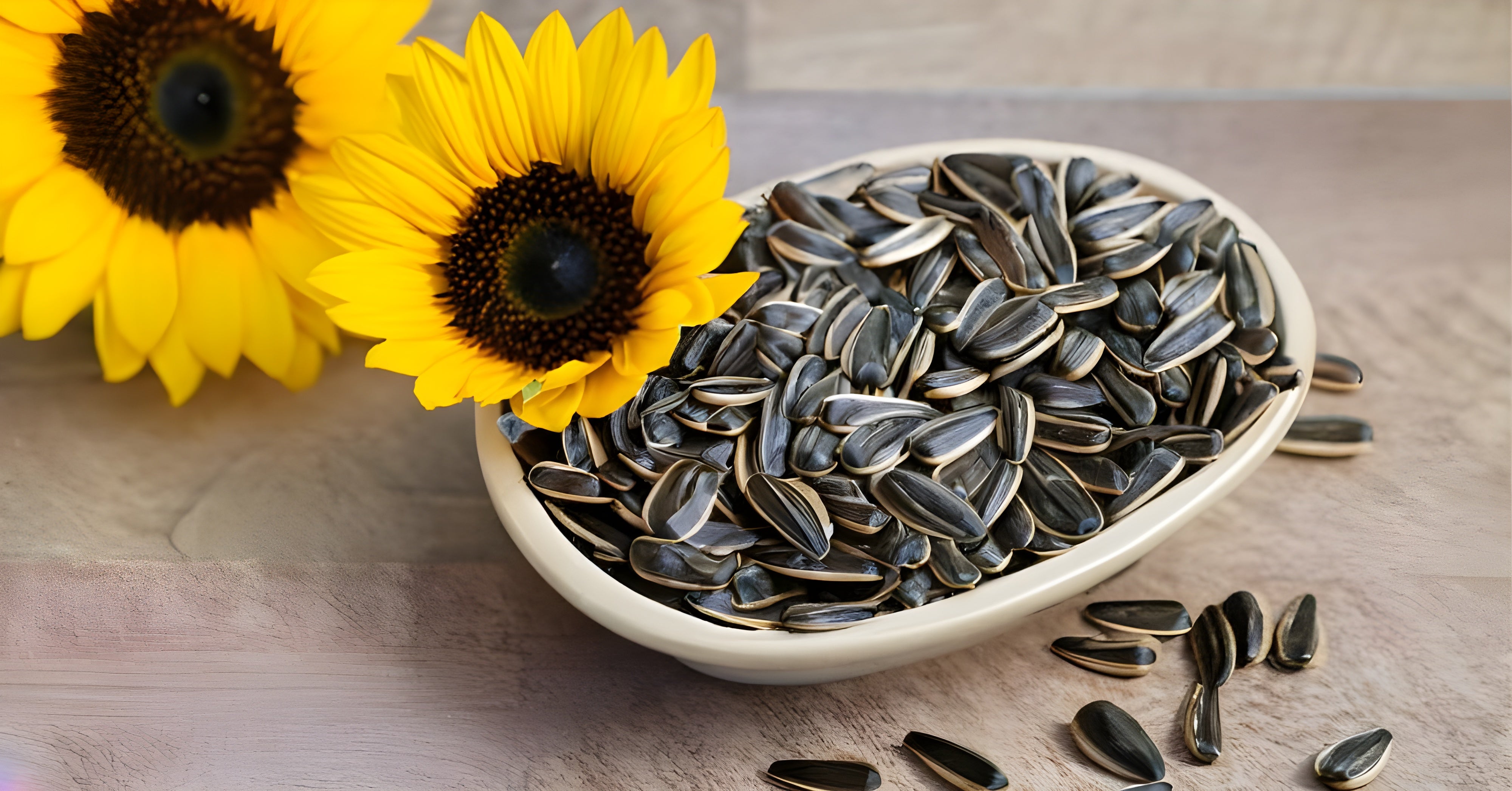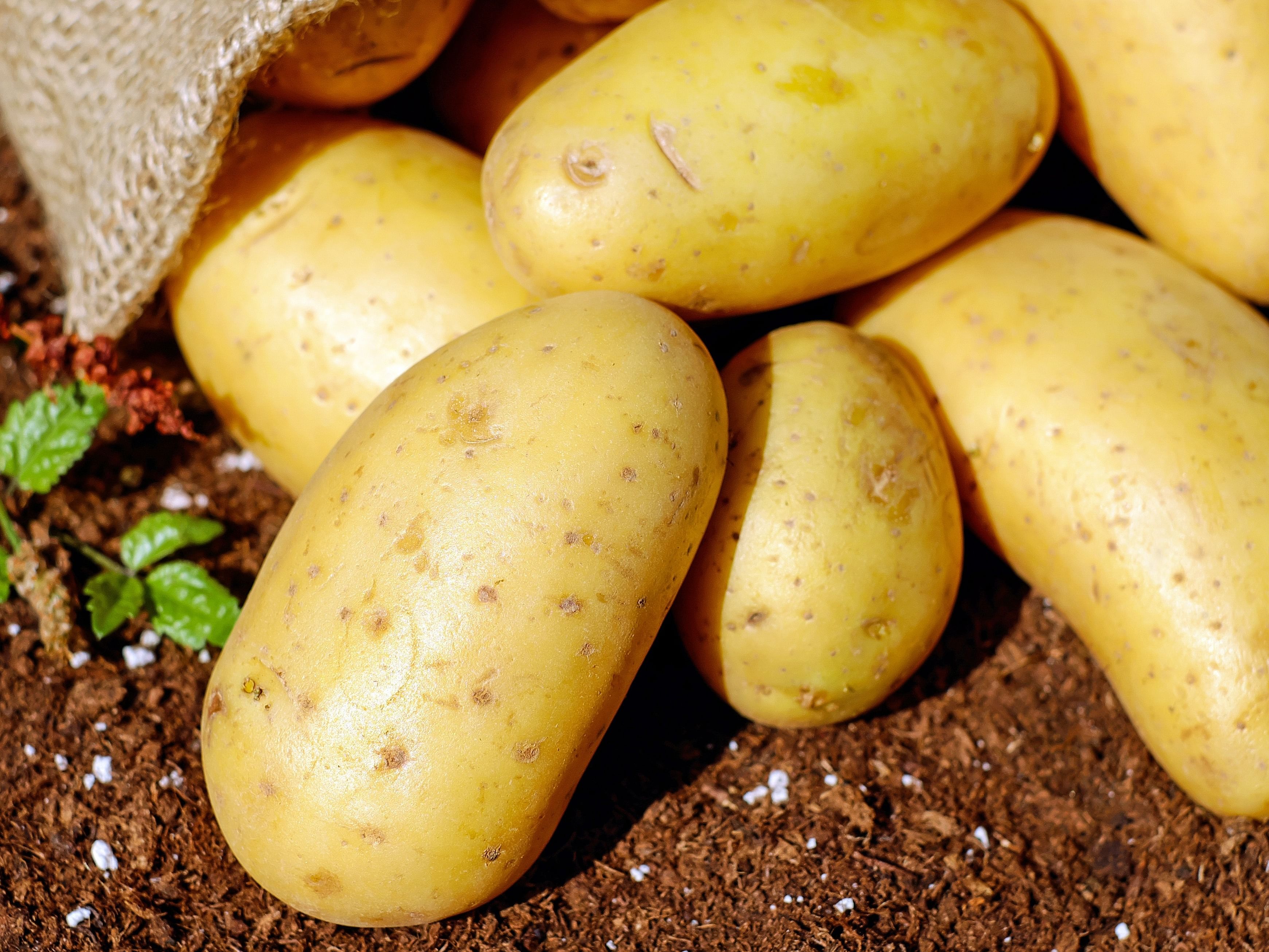Sunflower Seeds: Nutritional Powerhouse With Endless Culinary Versatility
Sunflower Seeds: Nutritional Powerhouse With Endless Culinary Versatility
Editor's Note: We know "Sunflower Seeds: Nutritional Powerhouse With Endless Culinary Versatility" have published today date". Keeping the current scenario in mind, every individual on this planet is more concerned regarding their health and it is a common fact that Health is Wealth. In order to have and maintain a healthy lifestyle, we need to have proper nutrition. Sunflower Seeds: Nutritional Powerhouse With Endless Culinary Versatility offer great nutritional value and can be a healthy addition to any diet.
To provided information about "Sunflower Seeds: Nutritional Powerhouse With Endless Culinary Versatility", we did some analysis and dig into the information available out there and came up with this well-structured guide. We hope that this guide will help you in making right decisions.
Key differences or Key takeaways
| Nutritional Value | Culinary Versatility | Health Benefits |
|---|---|---|
| High in protein, fiber, and healthy fats | Can be added to salads, sandwiches, wraps, and baked goods | May help reduce cholesterol, improve blood sugar control, and reduce inflammation |
Transition to main article topics
FAQ
This frequently asked questions (FAQs) section aims to provide comprehensive answers to common inquiries regarding the nutritional value and culinary applications of sunflower seeds.

Sunflower Seeds: A Nutrient-Packed Powerhouse – Safehugs - Source safehugs.in
Question 1: What are the key nutritional components of sunflower seeds?
Sunflower seeds stand out for their exceptional nutritional profile, featuring an abundance of essential vitamins and minerals. They are a potent source of Vitamin E, a powerful antioxidant that protects body cells from damage. Additionally, they are rich in Magnesium, which supports a range of bodily functions, including muscle and nerve health. The presence of Vitamin B6 further contributes to overall well-being by aiding in metabolism and the production of red blood cells.
Question 2: How can sunflower seeds be incorporated into a balanced diet?
Incorporating sunflower seeds into a balanced diet is effortless. They can be enjoyed as a nutritious snack on their own or sprinkled atop salads, yogurt, or cereal for added crunch and flavor. Additionally, sunflower seeds can be ground into a versatile flour, utilized in baking or as a thickener for sauces. They also make an excellent addition to trail mixes, providing sustained energy and satiety.
Question 3: Are sunflower seeds suitable for individuals with specific dietary restrictions?
Sunflower seeds are naturally gluten-free and vegan, making them an accessible option for individuals with dietary restrictions. They are also a low-carbohydrate and keto-friendly food, rendering them appropriate for those adhering to low-carb or ketogenic diets.
Question 4: Are sunflower seeds versatile in culinary applications?
Absolutely. Sunflower seeds are exceptionally versatile in the culinary world. In addition to being consumed as a snack or as a topping, they can be used in various cooking preparations. Sunflower seed oil, known for its high smoke point, is a popular choice for frying and sautéing. The seeds also make a flavorful and nutritious ingredient in salads, baked goods, and energy bars.
Question 5: What are some potential risks or considerations associated with sunflower seed consumption?
While sunflower seeds offer numerous health benefits, it's essential to consume them in moderation. Excessive consumption of sunflower seeds may contribute to gastrointestinal discomfort or an upset stomach due to their high fiber content. Individuals allergic to sunflower seeds or other members of the Asteraceae family, such as daisies or ragweed, should avoid their consumption.
Question 6: How can I ensure the freshness and quality of sunflower seeds?
To ensure the freshness and quality of sunflower seeds, store them in an airtight container in a cool, dry place. Refrigeration further extends their shelf life. Avoid purchasing sunflower seeds that appear discolored or rancid, as these may indicate spoilage.
By incorporating sunflower seeds into a balanced diet and adhering to reasonable portion sizes, individuals can harness their nutritional benefits without compromising well-being. Sunflower seeds not only offer a valuable source of vitamins and minerals but also enhance culinary creations with their versatile applications.
Explore Further: Discuss the health implications and nutritional value of sunflower seeds in greater depth.
Tips
Discovering the Sunflower Seeds: Nutritional Powerhouse With Endless Culinary Versatility article can provide valuable insights on these versatile seeds.

Rickshaw messenger bag with sunflower design. A powerhouse of - Source www.pinterest.com
Tip 1: Enhance Salads and Trail Mixes
Add a crunchy texture and rich flavor to salads and trail mixes with raw or roasted sunflower seeds. They provide a good source of healthy fats, protein, and fiber.
Tip 2: Sprinkle over Yogurt and Oatmeal
Top yogurt or oatmeal with sunflower seeds for an extra boost of nutrition. Their nutty flavor complements these foods well and provides essential vitamins and minerals.
Tip 3: Use as a Breadcrumb Substitute
Substitute breadcrumbs with ground sunflower seeds for a gluten-free and nutrient-dense option when preparing meatloaf, meatballs, or chicken tenders.
Tip 4: Make Sunflower Seed Butter
Create a creamy and flavorful sunflower seed butter by blending roasted sunflower seeds until smooth. Use it as a spread on toast, crackers, or fruit.
Tip 5: Add to Smoothies and Baked Goods
Incorporate sunflower seeds into smoothies for a protein and fiber boost. Add them to baked goods such as muffins, cookies, or bread for a nutty crunch and nutritional value.
Tip 6: Use as a Garnish
Sprinkle sunflower seeds over soups, stews, and casseroles for a finishing touch that adds both visual appeal and nutritional content.
Tip 7: Roast for Extra Flavor
To enhance their flavor, roast sunflower seeds in the oven or on a stovetop until golden brown. Roasted sunflower seeds make an excellent snack or addition to salads and trail mixes.
Conclusion:
By incorporating sunflower seeds into various dishes, one can harness their nutritional benefits and culinary versatility. These tips provide practical ways to enjoy the many uses of sunflower seeds.
Sunflower Seeds: Nutritional Powerhouse With Endless Culinary Versatility
Sunflower seeds, a wholesome and delightful snack, offer a plethora of nutritional benefits and culinary versatility. Delve into the key aspects that make sunflower seeds an indispensable ingredient in a healthy and flavorful diet.
- Nutritional Powerhouse: Rich in fiber, protein, vitamins, and minerals.
- Heart-Healthy: High in unsaturated fats, beneficial for cardiovascular health.
- Antioxidant Properties: Contain antioxidants that fight free radical damage.
- Culinary Versatility: Can be enjoyed raw, roasted, or added to salads, baked goods, and dips.
- Protein Source: Plant-based protein option for vegetarians and vegans.
- Energy Booster: Contain magnesium and B vitamins, essential for energy production.
From their exceptional nutritional profile to their limitless culinary applications, sunflower seeds are a true nutritional powerhouse and a versatile addition to any diet. Their heart-healthy fats, antioxidants, and protein content make them a smart snack choice, while their culinary versatility allows them to elevate dishes from simple salads to indulgent desserts. Embrace the endless possibilities of sunflower seeds and unlock the benefits of this wholesome and delectable food.

Tofu: Its Origins, Nutritional Benefits, and Culinary Versatility - Source discovermagazines.com
Sunflower Seeds: Nutritional Powerhouse With Endless Culinary Versatility
Sunflower seeds are a versatile and nutritious food that can be enjoyed in many different ways. They are a good source of protein, healthy fats, and fiber, and they also contain a variety of vitamins and minerals. Sunflower seeds can be eaten raw, roasted, or salted, and they can be added to salads, soups, and casseroles. They can also be used to make sunflower seed butter, which is a delicious and nutritious alternative to peanut butter.

The versatility of potatoes: Exploring their culinary and nutritional value - Source www.sportskeeda.com
One of the most important benefits of sunflower seeds is their high protein content. Protein is essential for building and repairing tissues, and it is also important for maintaining a healthy immune system. Sunflower seeds are a good source of plant-based protein, making them a good choice for vegetarians and vegans.
Sunflower seeds are also a good source of healthy fats. Healthy fats are essential for maintaining a healthy heart and brain, and they can also help to lower cholesterol levels. The healthy fats in sunflower seeds are primarily monounsaturated and polyunsaturated fats, which are the types of fats that are associated with a reduced risk of heart disease.
In addition to protein and healthy fats, sunflower seeds are also a good source of fiber. Fiber is important for maintaining a healthy digestive system, and it can also help to lower cholesterol levels and blood sugar levels. Sunflower seeds are a good source of both soluble and insoluble fiber, which means that they can help to keep you feeling full and satisfied after eating.
Sunflower seeds are also a good source of vitamins and minerals. They are a good source of vitamin E, which is an important antioxidant that can help to protect cells from damage. Sunflower seeds are also a good source of magnesium, zinc, and copper.
Overall, sunflower seeds are a nutritious and versatile food that can be enjoyed in many different ways. They are a good source of protein, gesunde Fette, fiber, vitamins, and minerals. Sunflower seeds can be eaten raw, roasted, or salted, and they can be added to salads, soups, and casseroles. They can also be used to make sunflower seed butter, which is a delicious and nutritious alternative to peanut butter.
Venezia Vs. Hellas Verona: Serie A Matchup Preview, Mustapha Al-Aغا: Renowned Arab Media Personality And TV Host, Discover The Enchanting Charms Of Colombia: A Cultural Tapestry Of History, Nature, And Biodiversity, Mats Köhlert: Acclaimed German Performance And Multimedia Artist, The Three Holy Hierarchs: Patrons Of Education And Defenders Of Orthodoxy, Raštika: A Culinary Journey Through Serbia's National Dish, Eric Mandala, Former Neurologist, Arrested For Sexual Battery, Atlético Nacional: Un Resumen De Sus Partidos Más Notables, Vendsyssel: A Historical And Cultural Hub In Northern Jutland, Escape To The Enchanting Cities Of Toulouse And Montpellier: A Guide To Two French Gems,